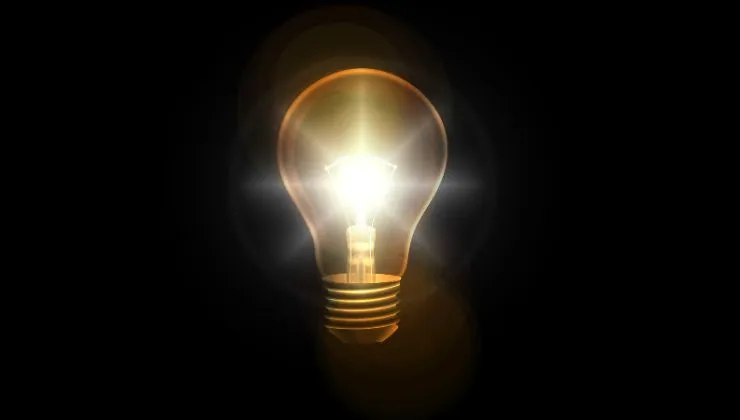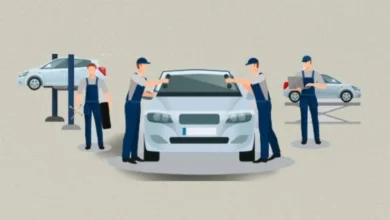The human brain is perhaps one of the most powerful instruments in today’s world. It enables us to learn languages, solve problems, and develop complicated societies. Yet when it comes to understanding probability, how likely something is to happen, our brains let their owners down again. From wrong estimation of risks to inflated estimation of the rare events, humankind always mistreats thinking concerning chance. But why does this happen?
1. Evolution Didn’t Prepare Us for Math
We are not programmed to work with numbers or probabilities. They developed in order to make us survive. Back then, early humans had to make quick decisions such as the running from a rustling bush or stay still. In such instances, guessing right can spell the difference between life and death. But they were not as calculated as they must have been. They were based on instinct and experience.
For this reason, we are also better at picking up patterns than working out probability. If an event has occurred once or twice, we can assume it will happen again; this may or may not be the case. For instance, if it rains for two days in a row, we tend to perceive a third rainy day as more probable, despite the outlook. This is also known as the “gambler’s fallacy,” and people tend to do it incorrectly often.
2. We Struggle With Large Numbers
Another reason why we can’t come to terms with probability is that we just can’t visualize very big or very small numbers. If you tell someone that out of ten, they have a chance to win the game, that’s easy to imagine.
Now, suppose your chances of winning the lottery were 1 in 10 million? That’s much harder to imagine. It’s such a huge number that our brains just can’t process it. Instead of understanding how unlikely it is, we focus on the stories we’ve heard, someone winning big on the lottery and buying a mansion. We cherish the wins instead of the odds.
3. Emotions Cloud Our Judgment
Problems of perception are based on emotions in the field of probability. When something scares us, say a plane crash, we might judge its likelihood higher than it is. In their actuality, air travel is presumably one of the safest travel modes. But due to being rare and devastating-they are ingrained in our minds. This gives us a sense that the risk is much greater than it is.
The same thing occurs with exciting or hopeful events. The news of an Olympic gold medal winner inspires people’s views, even though the chance is almost negligible. The effects of the win overpower the math of it.
4. We Focus on Stories, Not Statistics
Humans are natural storytellers. We hear stories more easily than we hear facts or figures. When we hear about people surviving a rare illness or winning a jackpot, we remember it. So we put ourselves in that situation, and all of a sudden it seems more likely.

That is why news about rare events, about shark attacks, or about people winning huge amounts, makes a greater impression on us than the actual figures. Even though the odds are slimmer than a hair, the story is experiential, felt.
5. We Want Control in an Uncertain World
Life is full of uncertainty. From time to time, we tend to find patterns or signs to find meaning afterward. We may feel that, by believing in a lucky number, we can win a game, or that a “streak” of bad luck must change soon. These beliefs make us feel like we are in control, though it does not change the outcome.
This desire for control also makes people ignore real probabilities. For instance, individuals may continue playing the lottery, believing that their time will come, but in every draw, everything happens randomly, and the odds never change.
6. Common Probability Mistakes
Here are some everyday ways we misjudge probability:
- Overestimating rare events, like plane crashes or lottery wins.
- Underestimating common risks, like car accidents or getting sick.
- Believing in “hot streaks”: Thinking luck changes in patterns.
- Ignoring the base rate: Forgetting how common or rare something is.
These mistakes can lead to poor decisions, not just in games of chance, but in finance, health, and daily life.
7. Can We Get Better at Understanding Probability?
Yes, but it takes practice. One useful recommendation would be an aid of a visual kind, for example, charts or diagrams. The numbers may be better understood when seen in context. It also enables us to slow down and think logically instead of emotions.
Another good piece of advice is to reinterpret probabilities as frequency. For instance, instead of stating a “Want to know how many of my readers clicked my affiliate link?” versus “Want to know how many of my readers who never bought anything clicked my affiliate link?” instead of saying “a 0.0000003 chance,” say “1 in 292 million”. Or even better: “I would say, you’re more likely to be hit more than once by lightning than to win the lottery”.
Knowing our brain’s limitations is also a giant step. When we know we’re likely to make mistakes, we can be extra careful when we assess risks and decisions.
Conclusion
The human brain was not designed to cope with difficult probabilities, and it’s fine. But only by seeing the ways that could go wrong and training ourselves to wrestle odds more clearly, we can make better choices. Developing better skills in understanding probability not only helps us remain objective in matters of health, money, or competitions, but also enhances our ability to solve problems effectively in everyday life.





